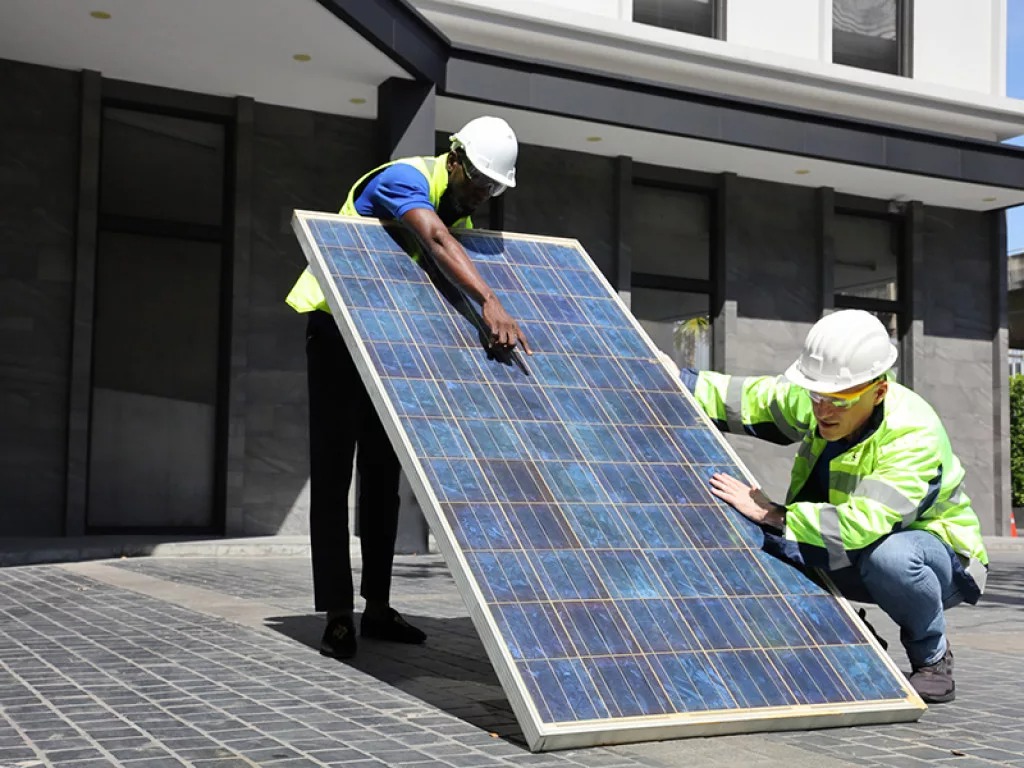Kenya, a leading proponent of renewable energy in Africa, is striving to further harness the potential of solar energy, despite taxation hurdles that affect the affordability of solar technology for consumers.
Kenya generates over 70% of its energy from renewable sources like geothermal, hydro, and wind power. Solar energy is gaining traction for industrial and residential use, driven by its reliability and lower operational costs compared to the initial installation capital.
To encourage the adoption of solar power, the Kenyan government has provided incentives such as zero-rated importation of certain solar components like panels and inverters. However, solar technology imports continue to be subject to import duties and over 15% value-added tax, which increases the overall cost for consumers.
President William Ruto, speaking at the inaugural Africa Climate Summit in Nairobi, emphasised the continent’s potential to become entirely self-sufficient in energy by leveraging renewable sources like wind, solar, geothermal, sustainable biomass, and hydropower.
Clean Power, a Nairobi-based solar energy company, has witnessed increased interest from various industries, including steel manufacturers and edible oil factories, due to the reliability and cost-effectiveness of solar energy. Rashmi Shah, the Solar Managing Director for Clean Power, highlighted the company’s achievements, stating that they have completed 25,000 kilowatts of installations in the last six years.
Solar energy offers significant environmental benefits, as it reduces air pollution, minimises temperature increases, and has a positive impact on the climate. Some home installations have allowed individuals to go completely off the grid, providing them with uninterrupted power during national blackouts.
The World Bank reports a rise in the deployment of solar mini-grids in Sub-Saharan Africa, with the number increasing from around 500 in 2010 to over 3,000 today. Additionally, the United Nations’ environmental agency highlights that 60% of the world’s best solar sites are located in Africa, with vast untapped potential as only 1% of this energy source is currently harnessed.
Despite the challenges posed by taxation, Kenya is committed to promoting solar energy adoption as a clean, sustainable, and cost-effective solution to its energy needs, with the hope of inspiring similar initiatives across the continent.









No comment yet, add your voice below!